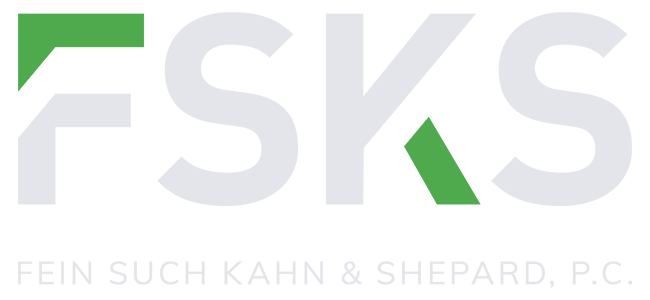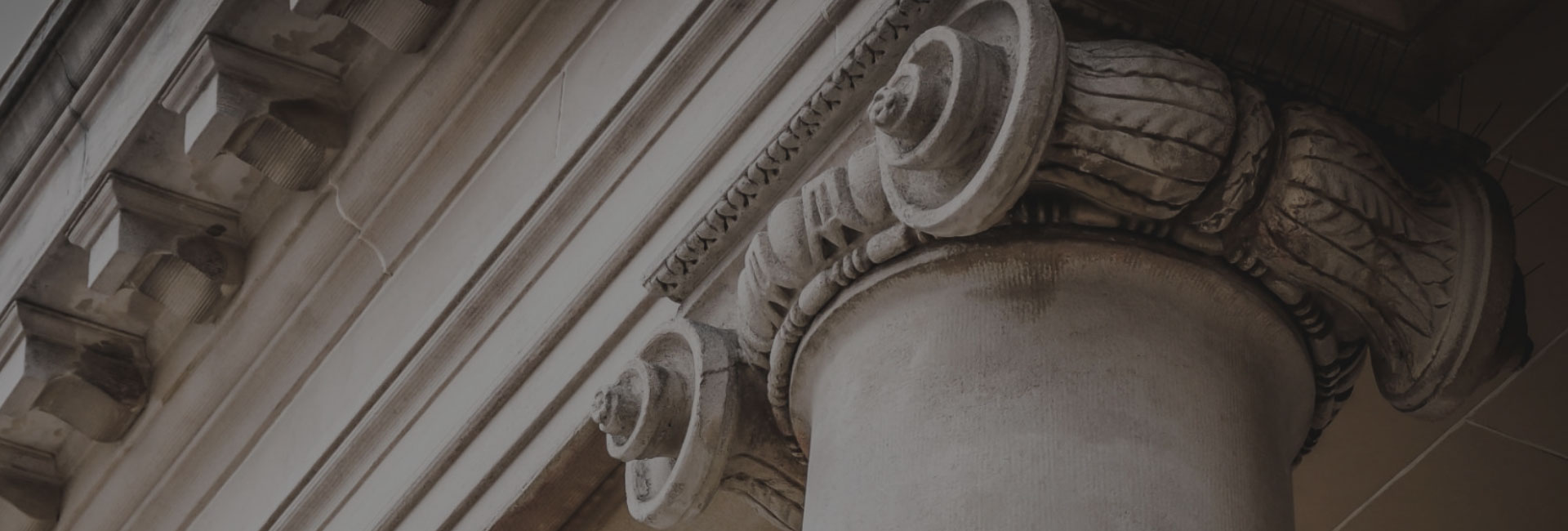
New Jersey Foreclosure Mediation an Alternative Even in Bankruptcy
In October of 2008, as a response to the foreclosure crisis, the New Jersey Judiciary announced the implementation of the Foreclosure Mediation Program to Assist Homeowners at Risk of Losing Their Homes. The mediation process involves the Lender, the Borrower and a court‐trained mediator. It is a process that allows the Lender to review the Borrower’s financial situation in order to determine whether or not an alternative to the foreclosure is possible. Alternatives to foreclosure may include approval of short sale, a deed in lieu of foreclosure and are most often in the form of a loan modification.
A Chapter 7 or Chapter 13 Bankruptcy is often filed by Debtors as a way to avoid or delay the loss of their primary residence during the foreclosure process. Pursuant to either type of filing , the automatic stay provisions of the Bankruptcy Code get implemented directing all creditors, including Mortgage Lenders, to cease their collection activities thus providing homeowners a sense of relief from the looming loss of their home.
Borrowers and Lenders are well advised, however, that in New Jersey, the Board of Judges for the Bankruptcy Court have recognized that participation in the New Jersey Foreclosure Mediation Program during an active Bankruptcy filing does not violate the terms of the automatic stay provisions. Further, any communications and/or negotiations about loan modifications are also not violations of the automatic stay. Keeping this in mind, Borrowers can benefit from this relaxation as a potential for home retention. Likewise, Mortgage Lenders are given the opportunity to be able to review the borrower without having the automatic stay hampering those efforts. As such, this caveat in the automatic stay should be implemented by both Lenders and Borrowers as a viable alternative to home retention negotiations during Bankruptcy.
Fein, Such, Kahn & Shepard, P.C. is general practice law firm of more than 50+ attorneys serving clients in New Jersey and New York. For over 25 years the firm has offered innovative solutions to businesses and individuals in the areas of asset protection business planning, civil litigation, creditor representation in the areas of foreclosure, bankruptcy and collections, elder law, family law, personal injury, tax, and trusts and estates. For more information, go to www.feinsuch.com.
For more information about the content of this article or the services provided by our Creditors’ Rights Department, please contact Eric Kapnick, Esq. or Nicholas Canova, Esq.
This Article does not constitute legal advice nor create an attorney-client relationship.
© Fein, Such, Kahn & Shepard, P.C., all rights reserved. Permission is granted to reproduce and redistribute this article so long as (i) the entire article, including all headings and the copyright notice are included in the reproduction, and (ii) no fee or other charge is imposed.






